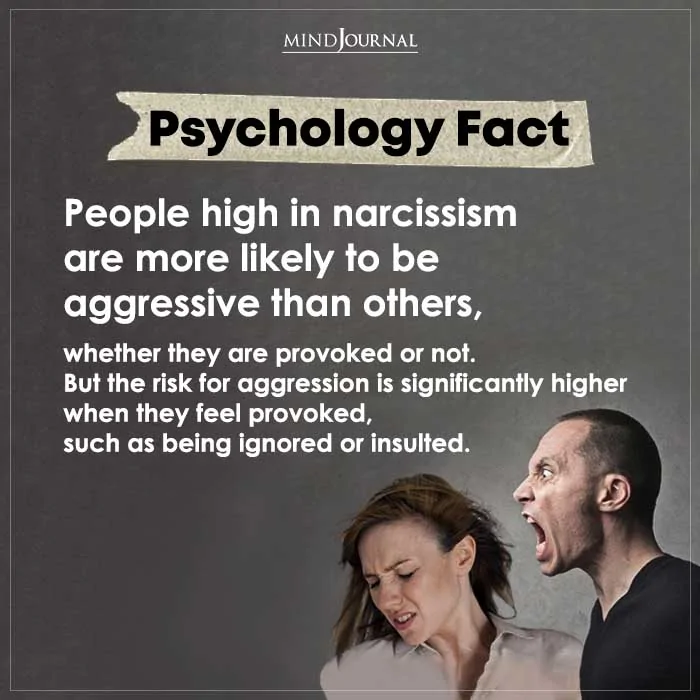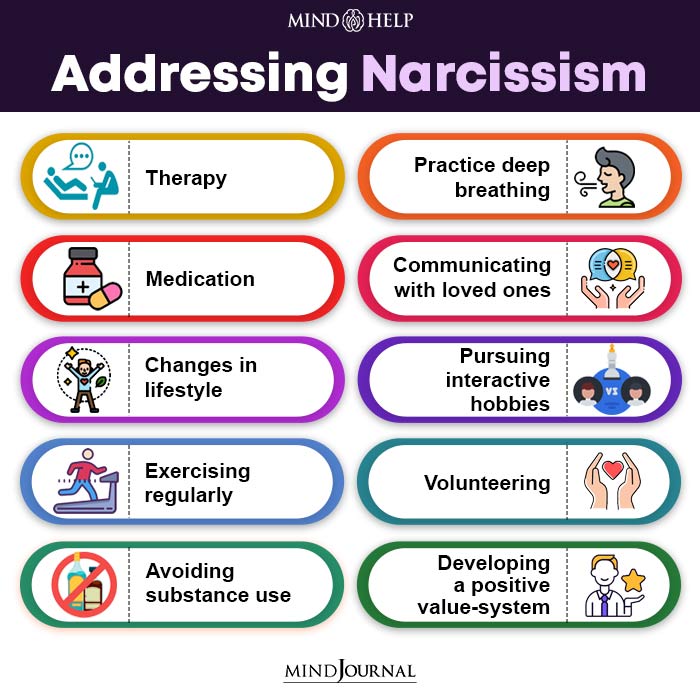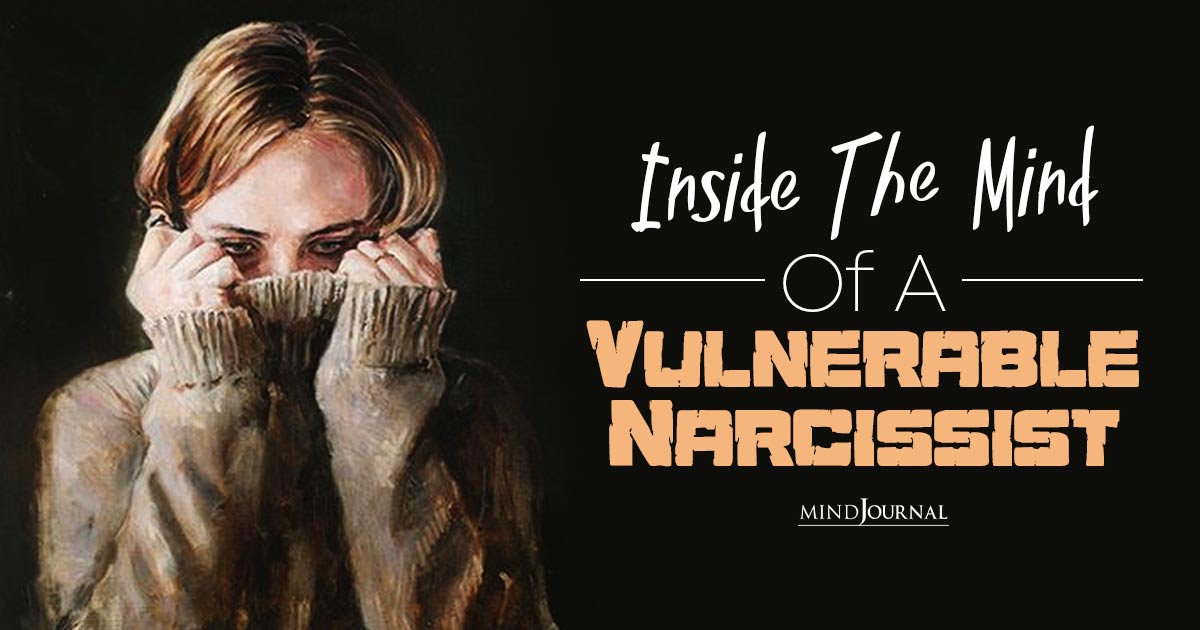Are you or someone you know preoccupied with seeking validation and admiration, while also experiencing intense feelings of shame and fear of rejection? If so, you may be dealing with vulnerable narcissism.
Let’s explore what is vulnerable narcissism, signs of a vulnerable narcissist and how to deal with vulnerable narcissism.
What is vulnerable narcissism?
Vulnerable narcissism is a subtype of the personality trait narcissism, which left unaddressed can lead to narcissistic personality disorder.
Vulnerable narcissism is characterized by a combination of grandiose and vulnerable traits. While grandiose narcissists tend to be loud, boastful, and attention-seeking, vulnerable narcissists are often more introverted and insecure.
They have a strong need for admiration and validation, but they also experience intense feelings of shame and fear of rejection. Vulnerable narcissists often struggle with maintaining close relationships and may avoid intimacy out of fear of being exposed or rejected.
However, to better understand what is vulnerable narcissism, we need to take a dive deeper into the psychological and behavioral patterns of such narcissists.
Related: The 4 Types of Narcissism Share A Core Trait
Understanding vulnerable narcissism
We often think of narcissists as arrogant, self-confident individuals with an inflated sense of self-importance. However, beneath that façade of superiority lies wounds of insecurity, self-doubt and fragile self-esteem. This is known as vulnerable narcissism.

Vulnerable narcissists crave the approval, recognition and admiration of others to validate their fragile self-image. While grandiose narcissists feel a strong sense of entitlement and superiority, vulnerable narcissists lack this confidence. Instead, they depend on the constant validation and attention of others to boost their vulnerable and deflated sense of self.
Vulnerable narcissists exhibit classic narcissistic traits such as entitlement, self-absorption and lack of empathy but lack the glorious self-assurance seen in grandiose narcissists. Instead of appearing arrogant and confident, vulnerable narcissists come across as shy, hypersensitive and fragile.
Behind the mask of sensitivity
Vulnerable narcissists often mask their narcissistic traits behind a facade of sensitivity and shyness. They may identify as empaths and see themselves as caring and considerate of others. However, underneath lies an underlying need for praise, reassurance and admiration.
Their sensitivity often stems from emotional wounds felt during childhood when their self-esteem and sense of self was not properly developed. To compensate, they become hypersensitive to criticism and rejection while constantly seeking validation from external sources.
6 Common vulnerable narcissist traits
Here are some of the most common vulnerable narcissist traits that you should be aware of in order to know what is vulnerable narcissism –
1. Grandiosity
Vulnerable narcissists have an inflated sense of self-importance and often overestimate their abilities and achievements.
2. Need for admiration
Vulnerable narcissists have a strong need for admiration and validation from others. They seek attention and praise, and may become upset or defensive if they feel they are not receiving enough recognition.
3. Social anxiety
Vulnerable narcissists often experience social anxiety and may feel uncomfortable or self-conscious in social situations. They may avoid social interactions or feel awkward and out of place in group settings. This is one of the primary vulnerable narcissist traits.
4. Fear of rejection
Individuals with vulnerable narcissism often experience a profound fear of rejection, which can lead them to avoid close relationships and intimacy out of the fear of being exposed or turned down.
5. Emotional instability
Vulnerable narcissists may experience intense mood swings and have difficulty regulating their emotions. They may be easily triggered by criticism or rejection, and may respond with anger, defensiveness, or withdrawal.
6. Covert behavior
This is another of the most widely observed vulnerable narcissist traits. Vulnerable narcissists may engage in covert behavior, such as gossiping or spreading rumors, as a way to boost their own self-esteem or undermine others.
Signs of a vulnerable narcissist
Here are some of the most common signs of a vulnerable narcissist –
- Constantly seeking reassurance and approval from others
- Hypersensitivity to rejection, disappointment and criticism
- Difficulty accepting compliments – come across as overly modest
- Low self-confidence and difficulty asserting themselves
- Difficulties regulating self-esteem resulting in extreme neediness or anger
- Feelings of emptiness, shame and inadequacy beneath the surface
- Self-absorption and inability to celebrate the accomplishments of others
- Difficulty maintaining long-term relationships due to self-centeredness
If you can identify these signs of a vulnerable narcissist in yourself or someone else, then it may indicate that you have this personality trait.
Related: 8 Signs You Are Dealing With A Vulnerable Narcissist
However, having these signs does not necessarily mean someone is a narcissistic person. Kindly consult a mental health professional for an accurate diagnosis.
How vulnerable narcissism differs from other personality disorders
While vulnerable narcissistic personality disorder shares some traits with other personality disorders, such as borderline personality disorder and avoidant personality disorder, there are some important differences. For example:
1. Borderline personality disorder vs vulnerable narcissistic personality disorder
Borderline personality disorder is characterized by intense emotional instability, impulsivity, and a fear of abandonment.
While vulnerable narcissists may also experience emotional instability and fear of rejection, they do not typically engage in impulsive or self-destructive behavior.
2. Avoidant personality disorder vs vulnerable narcissistic personality disorder
Avoidant personality disorder is characterized by social anxiety, fear of rejection, and a tendency to avoid social situations.
While vulnerable narcissists also experience social anxiety and fear of rejection, they may still seek attention and validation from others, whereas people with avoidant personality disorder tend to withdraw and isolate themselves.
3. Dependent personality disorder vs vulnerable narcissistic personality disorder
Dependent personality disorder is characterized by a need for reassurance and support from others.
While vulnerable narcissists also have a strong need for validation and admiration, they may be less likely to rely on others for emotional support and may even avoid close relationships out of fear of rejection.
Building relationships
Though vulnerable narcissists seem sensitive and thoughtful, relationships with them can be difficult. They relate to others based on how they make them feel rather than who the person truly is.
When others do not provide sufficient admiration or appreciation, their narcissistic traits surface through anger, manipulation or revenge seeking. However, with awareness and counseling, vulnerable narcissists can learn healthier ways to build self-esteem and relate to others.
By focusing on giving rather than getting validation and practicing self-acceptance, they can move past their pathological self-absorption and develop empathy and intimacy in relationships.
What is vulnerable narcissistic abuse?
Vulnerable narcissistic abuse refers to the emotional and psychological harm inflicted on individuals by someone who exhibits traits of vulnerable narcissism. This type of abuse can take many forms, including –
- Psychological abuse
- Manipulation
- Gaslighting
- Emotional blackmail
- Blame-shifting
- Guilt-tripping
Vulnerable narcissists may use tactics such as playing the victim, seeking excessive validation, or engaging in covert behaviors such as gossip or spreading rumors to maintain their sense of superiority and control over others.
Those who have experienced vulnerable narcissistic abuse may struggle with self-doubt, low self-esteem, and difficulty forming healthy relationships.
Therapy can be helpful in addressing the effects of vulnerable narcissistic abuse and rebuilding self-esteem and resilience. It’s important to seek help if you believe you are experiencing abuse or know someone who is.
Related: Are Narcissists Smarter Than Other People?

10 signs of vulnerable narcissistic abuse.
Here are 10 signs of vulnerable narcissistic abuse:
1. Manipulation
Vulnerable narcissists may use manipulation tactics such as guilt-tripping, gaslighting, or playing the victim to control and manipulate others.
2. Excessive need for validation
Vulnerable narcissists have an insatiable need for validation and attention from others, and may become upset or defensive if they feel they are not receiving enough.
3. Covert behaviors
Vulnerable narcissists may engage in covert behaviors such as gossiping or spreading rumors to undermine others and boost their own self-esteem. This is surely one of the top 10 signs of vulnerable narcissistic abuse.
4. Fear of rejection
Vulnerable narcissists have a deep-seated fear of rejection and may avoid close relationships or intimacy out of the fear of being exposed or turned down.
5. Emotional instability
Vulnerable narcissists may experience intense mood swings and have difficulty regulating their emotions. They may be easily triggered by criticism or rejection, and may respond with anger, defensiveness, or withdrawal.
6. Lack of empathy
Vulnerable narcissists may struggle to empathize with others and may focus primarily on their own needs and desires.
7. Insecurity
Despite their grandiose self-image, vulnerable narcissists may struggle with feelings of insecurity and self-doubt.
8. Blame-shifting
Vulnerable narcissists may shift blame onto others to avoid taking responsibility for their actions or mistakes.
9. Self-victimization
Vulnerable narcissists may portray themselves as victims in order to gain sympathy and attention from others.
10. Difficulty forming healthy relationships
Vulnerable narcissists may struggle to form healthy relationships due to their fear of rejection and their tendency to manipulate and control others.
If you recognize these 10 signs of vulnerable narcissistic abuse in yourself or someone you know, it may be helpful to seek the assistance of a mental health professional. Therapy can be a valuable tool in addressing the effects of vulnerable narcissistic abuse and developing healthier coping strategies.
Treatment for vulnerable narcissism
While there is no specific treatment for vulnerable narcissism, therapy can be helpful in addressing some of the underlying issues that contribute to the disorder. For example, therapy can help vulnerable narcissists to:
1. Develop a more realistic sense of self
Therapy can help vulnerable narcissists to develop a more balanced and realistic view of themselves and their abilities.
2. Improve self-esteem
Therapy can help vulnerable narcissists to build self-esteem and confidence in their own abilities and accomplishments.
3. Address underlying trauma
Vulnerable narcissism may be related to underlying trauma or emotional wounds. Therapy can help individuals to address these underlying issues and develop healthier coping strategies.
4. Develop healthy relationships
Therapy can help vulnerable narcissists to develop healthier relationships and learn how to maintain close connections with others without fear of rejection or exposure.
Related: Who Is A Ninja Narcissist: 7 Ninja Traits Of A Covert Introvert Narcissist
How to deal with vulnerable narcissism
Dealing with vulnerable narcissism can be challenging, but there are strategies you can employ to navigate such situations. Here are some suggestions on how to deal with vulnerable narcissism –
1. Educate yourself
Understand what vulnerable narcissism entails. This type of narcissism is characterized by an excessive need for attention, validation, and admiration, coupled with feelings of insecurity and low self-esteem.
2. Set boundaries
Establish clear boundaries and communicate them assertively. This will help you maintain your own emotional well-being and prevent the narcissistic individual from exploiting or manipulating you.
3. Maintain self-care
Prioritize self-care and focus on your own well-being. Engage in activities that bring you joy, seek support from loved ones, and practice self-compassion. This will help you maintain your own emotional resilience.
4. Avoid excessive validation
While it may be tempting to constantly reassure the vulnerable narcissist, providing excessive validation can reinforce their behavior and enable their dependency on external validation.
Instead, encourage them to develop self-esteem through self-reflection and personal growth.
5. Encourage therapy
Suggest that the vulnerable narcissist seeks therapy or counseling. A trained professional can help them explore their underlying insecurities, develop healthier coping mechanisms, and work towards personal growth.
This is the best advice on how to deal with vulnerable narcissism.
6. Don’t engage in power struggles
Avoid getting drawn into power struggles or arguments. Narcissistic individuals may try to provoke reactions or seek control. Stay calm, assert your boundaries, and disengage from the situation if necessary.
7. Seek support
If dealing with a vulnerable narcissist becomes overwhelming, seek support from friends, family, or a therapist. They can provide guidance, a listening ear, and help you maintain your own emotional well-being.
8. Practice empathy with boundaries
It can be helpful to empathize with the vulnerable narcissist’s emotional struggles, but ensure you maintain boundaries and don’t become overly involved or responsible for their emotions. Encourage them to take responsibility for their own well-being.

Remember, dealing with vulnerable narcissism can be challenging, and it’s essential to prioritize your own mental health throughout the process.
Moving forward
While vulnerable narcissism presents unique challenges, no one is beyond redemption. With self-reflection, therapeutic assistance and a willingness to change unhealthy behaviors, vulnerable narcissists can make meaningful progress.
The key is developing a more secure sense of self that is not dependent on the validation of others. Making positive changes, even small ones each day can help vulnerable narcissists move forward in healthful ways and develop truly intimate relationships built on empathy, care and mutual understanding.
Related: 8 Things A Narcissist Fears The Most
Frequently Asked Questions (FAQs):
What is an example of vulnerable narcissism?
An example of vulnerable narcissism is someone who constantly seeks validation and admiration but has low self-esteem.
What are vulnerable narcissists attracted to?
Vulnerable narcissists are often attracted to positions of power, attention, and relationships that provide validation and admiration.
Can a vulnerable narcissist fall in love?
Yes, a vulnerable narcissist can fall in love, but their love may be influenced by their need for validation and admiration.









Leave a Reply
You must be logged in to post a comment.